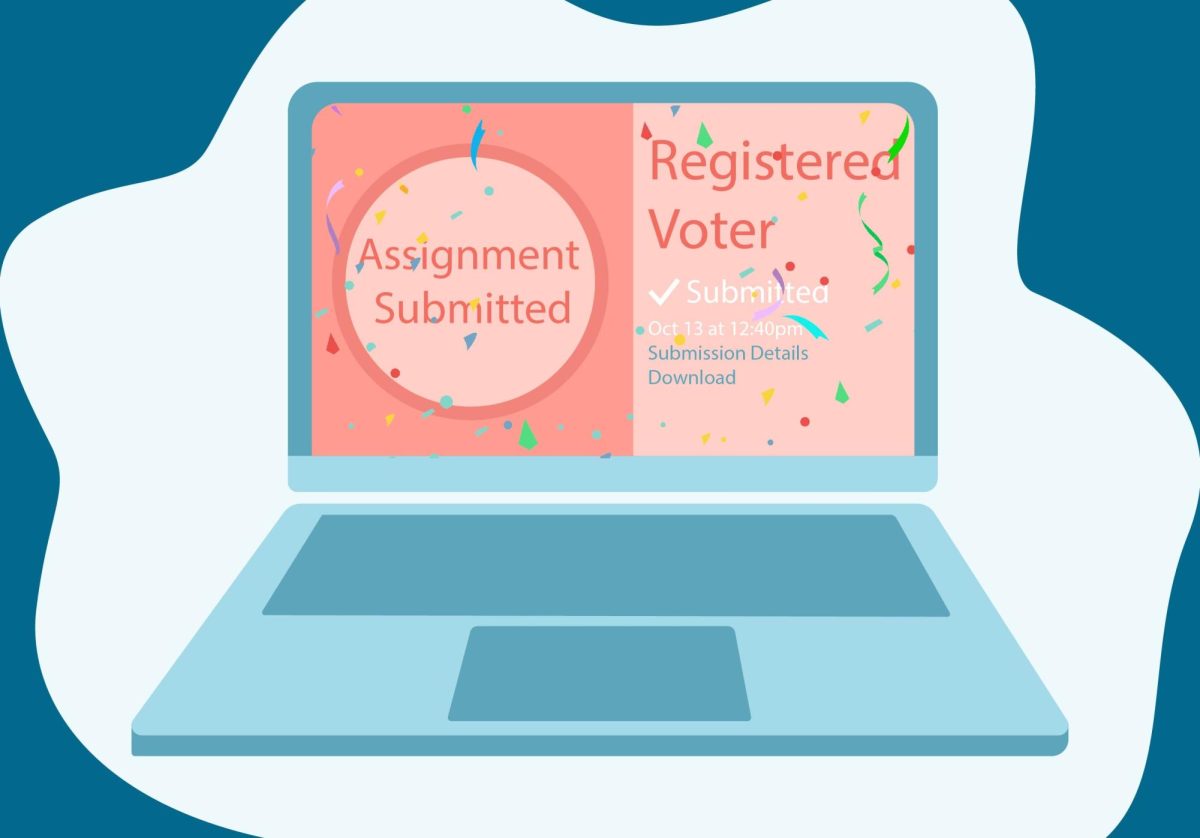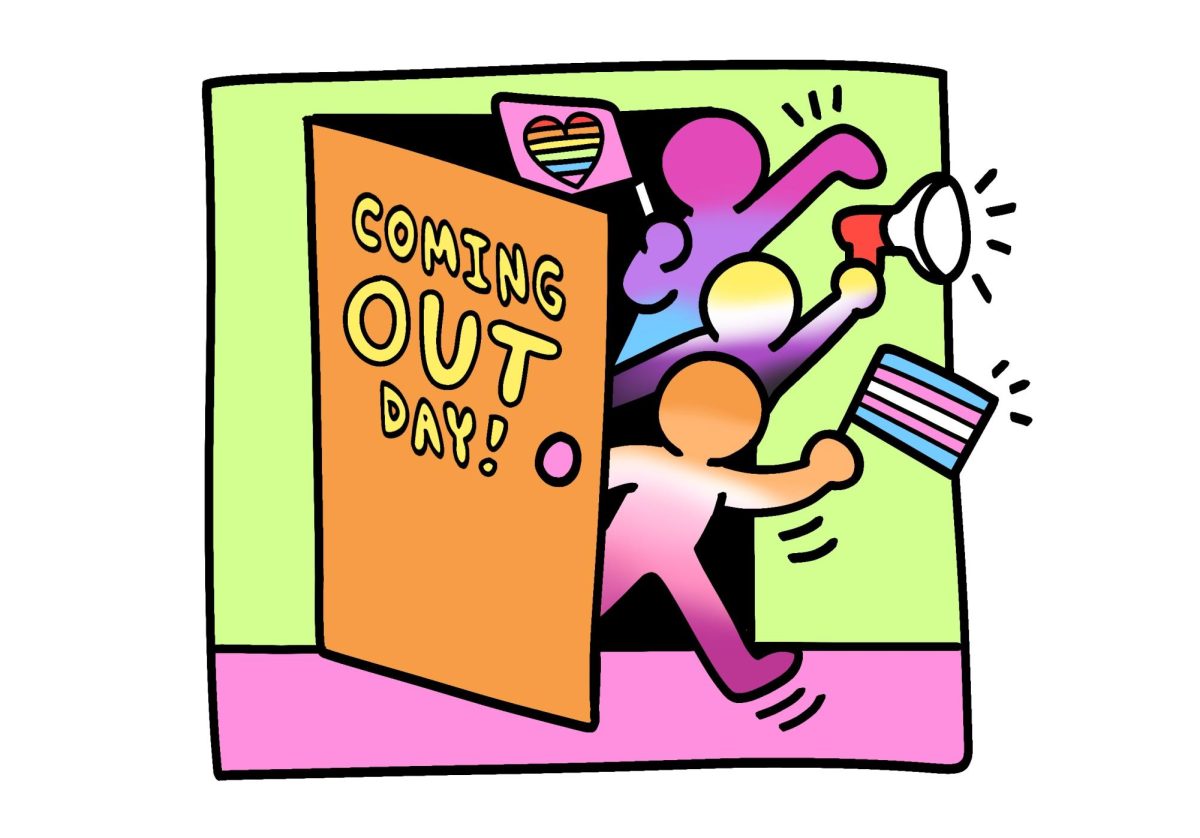Riding a Lime scooter is probably the closest I’ll ever get to living out the scene in “Back to The Future Part II” where Marty McFly steals a hoverboard: ultramodern, yet righteously dorky. The “hoverboard’s distant cousin” vibe kept me off e-scooters for a long time, but I eventually joined the parade at 15 miles per hour. It’s hard not to when they’re everywhere. Hell, I’m riding one right now. Scooters have been the answer to a question I never thought I’d ask: “Am I willing to pay two dollars to not be late for this appointment?”
Yes. All the time, yes.
The free-spirit behavior that dockless scooters invite lends them to be carelessly parked, arranging the sidewalks as more of a mini-golf course than a public walkway. With slabs of metal scattered around, a walk down the street turns into a game of Frogger. For me, it’s an inconvenience. For people with disabilities, it is a seizure of public space.
Noah J. McCourt, a Twin Cities disability advocate, filed a lawsuit against dockless scooter companies and the City of Minneapolis in federal court earlier this month. The suit alleges scooter companies and Minneapolis have violated the Americans with Disability Act in failing to maintain the accessibility of public sidewalks. The press release quotes McCourt, saying “the Scooter companies have treated our free public walkways as their own private business establishment and the city has done absolutely nothing to remedy the situation.” The claim also says that the defendants have decided to not take action, despite the problem being fixable.
Although the scooters top out at 15 miles per hour, their ubiquity happened at street racing speed. They spread throughout the Twin Cities so fast, and neither the policies nor the companies can keep up. Two-thousand electric scooters were dropped into the Twin Cities sphere as part of a pilot program, and it seems no one considered how this could completely disrupt urban infrastructure. Neither did I.
While e-scooter apps issue a list of terms and rules in their user agreement, it’s a lofty way of enforcing traffic laws and parking procedures. When rules of the road are imposed by an app and not regulated by authorities, it’s kind of up to the individual how the vehicle will operate. That’s the thing about e-scooters – they’re inherently lodged into the city’s foundation, but it’s unclear whether repercussions come from Minneapolis or the private companies.
As previously stated, I’m a sucker for the scooters and wasn’t aware of the environmental obstructions these vehicles pose. In my head, the issue of accessibility would’ve been addressed in the brainstorming stages. There hasn’t been a great dialogue on the matter between the City of Minneapolis, scooter companies, and residents, however. According to the press release, McCourt’s attempts to contact the City of Minneapolis, specifically members of the City’s civil rights committee, have repeatedly been ignored. Perhaps officials’ silence is related to the pocket change the City makes off of each scooter in the street; perhaps it’s due to the mess of retroactive policies they’re working to produce in light of the situation. In either case, at one point or another, the City recognized profit opportunities before it considered all of its residents.
When winter hits scooter season will end, and the scooters’ extended pilot program concludes soon after on March 31, 2020. Minneapolis could ultimately elect to forgo dockless scooters altogether as a result of sidewalks-turned-obstacles courses. It’d be cool if riders followed traffic laws, didn’t disrespectfully park scooters, AND the City of Minneapolis took proactive policy measures to ensure accessibility in public spaces. Unfortunately, Minneapolis has failed to ensure safe public walkways, and city officials need to listen to members of the disability community before making any decisions regarding dockless scooters moving forward. The scooter companies should be doing the same thing. Also, how about the companies finally implement geofencing, a technology that would require riders to park scooters in specified areas? Like a two-state solution for scooters and pedestrians.












